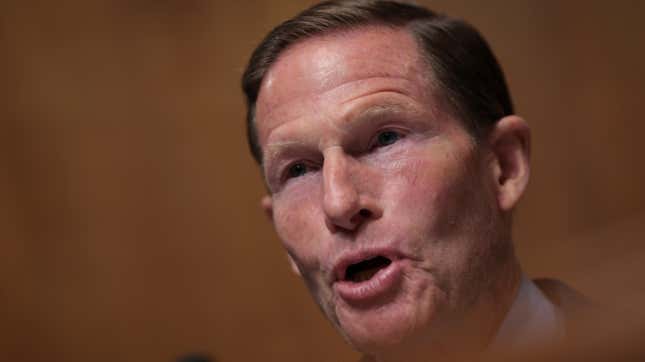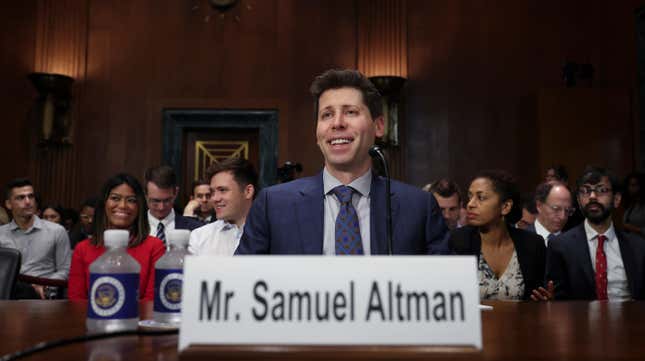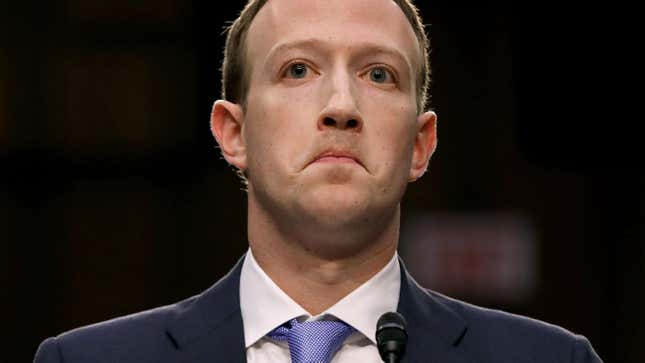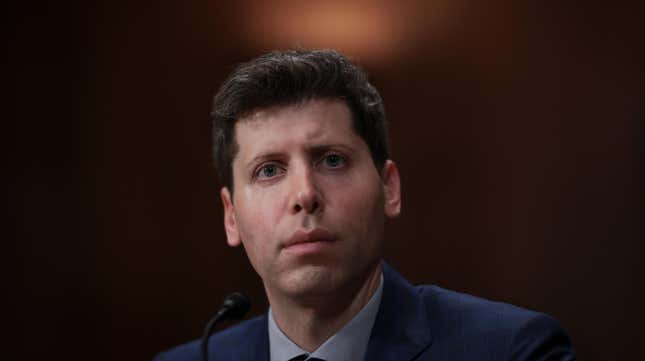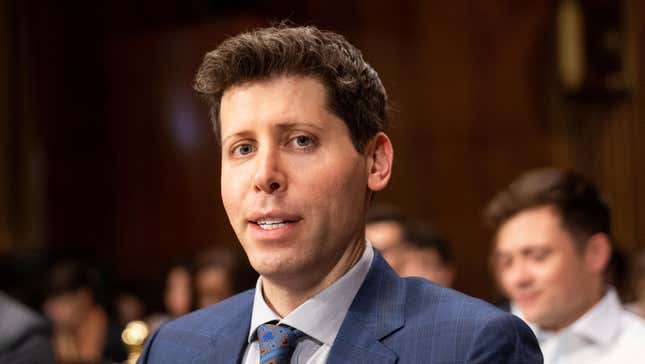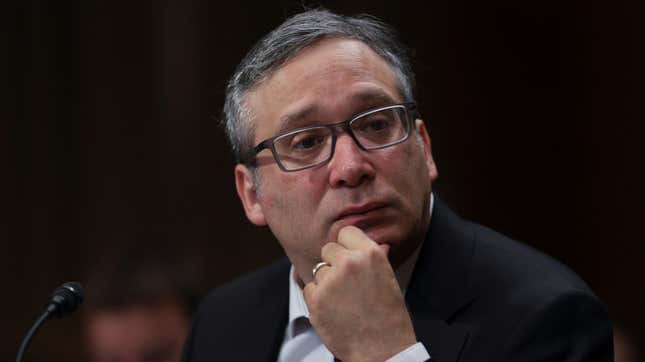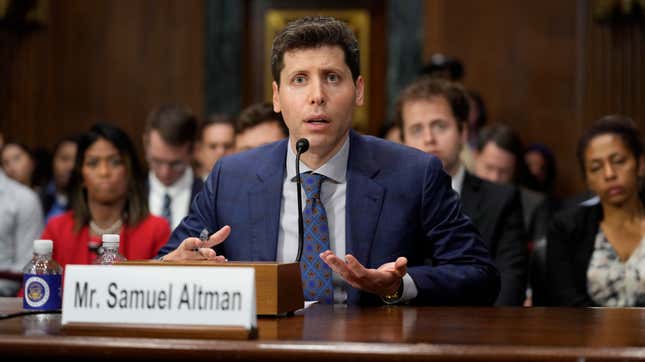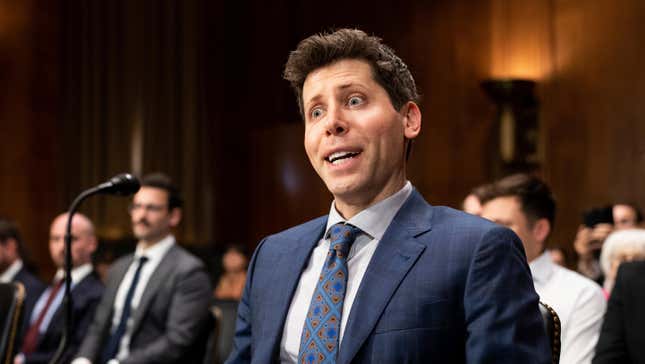
OpenAI CEO Sam Altman sat before a Senate Judiciary Subcommittee Tuesday and responded to lawmakers grilling him over the potential unintended consequences of generative artificial intelligence. Altman surprised some lawmakers Tuesday by encouraging them to quickly enact new AI laws and regulations that could set the standards for how OpenAI, Google, and other tech firms train and release new AI systems.
“We think that regulatory intervention by governments will be critical to mitigating the risks of increasingly powerful [AI] models,” Altman said during the hearing.
Altman and other expert witnesses testifying agreed ChatGPT-style models, if left unregulated, could increase online misinformation, bolster cybercriminals, and even threaten confidence in election systems. Lawmakers and Altman explored numerous potential policy solutions and even entertained the idea of forming an entirely new regulatory body of AI experts who could monitor the development and deployment of AI technology. Whether or not such an agency ever actually materializes, however, is another question.
Lawmakers from both sides of the political aisle viewed the hearing as an attempt to learn from mistakes made in the early days of social media, where politicians sat by as tech executives run roughshod over regulators.
Swipe through for nine key moments from the hearing.
Want to know more about AI, chatbots, and the future of machine learning? Check out our full coverage of artificial intelligence, or browse our guides to The Best Free AI Art Generators and Everything We Know About OpenAI’s ChatGPT.
